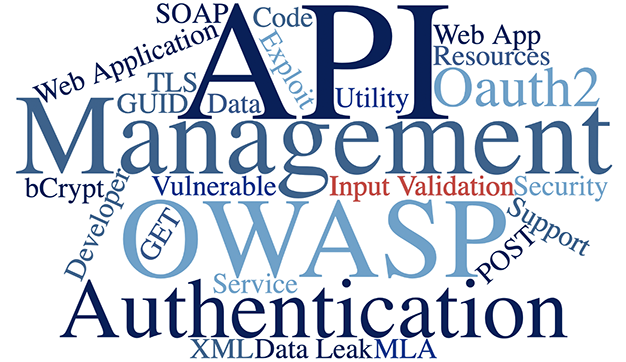Web Application Programming Interface

Transportation systems, Banks, retail, IoT and even autonomous vehicles, all use APIs.
APIs are a critical part of the modern world, mobile phones, SaaS (Software as a Service) and web applications all now utilise APIs. They are found in customer-facing applications, third party applications and most business's internal applications.
A recent Akamai report (State of the Internet / Security: Retail Attacks and API Traffic) suggests that 83% of all web traffic is now API based.
Our daily lives are only growing more and more technological, every aspect of our lives is now online. Most of us do our shopping, our browsing, our socialising and even our finances online.
To be able to utilise all of this information systems need to be able to communicate with one another. This is achieved through "Web Application Programming Interfaces" (API's). The modern application uses APIs to join systems and share information, ultimately creating a better experience for their users.
poorly protected application programming interfaces (APIs)
are rapidly increasing, and there is not a singular plug-and-play solution
to preventing such data breaches from happening,”
CHRIS KONRAD, global director of security strategy, https://www.wwt.com/about/partners
Todays' businesses large and small are obligated now more than ever to provide a secure and safe online experience for their customers.
Many cybersecurity experts believe that it is not a case of 'if' you get attacked but rather 'when'. In most instances these breaches could have been avoided, the damage to a brands reputation due to cyber incidents does not bode well for any business.
API's are vulnerable to most of the same attack vectors as normal Web Applications and with the popularity of these services continuing to grow, they are becoming a popular attack vector.
Conducting a security assessment of your organisations API's allows you to identify weaknesses that may be present and which could result in exploitation, data loss, brand damage or even regulatory fines.
Laneden can provide a thorough and independent examination of your API's, identifying security concerns and advising on remediation actions.
A comprehensive report is collated, containing an executive summary which gets right to the point of the associated risks and is consumable by anyone in the organisation regardless of their technical background.
Along with enough detail to allow you to not only understand the potential attack vectors but also concise and clear guidance on how to carry out remediation works.
CANDACE FLYNN, PING IDENTITY, https://tinyurl.com/api-growth



